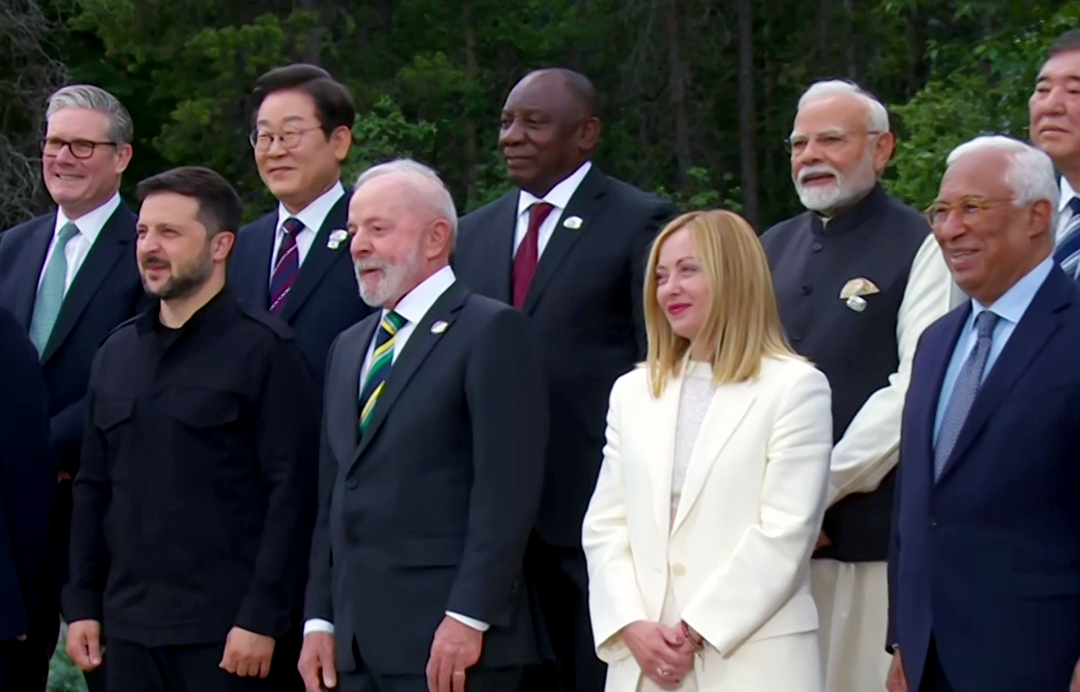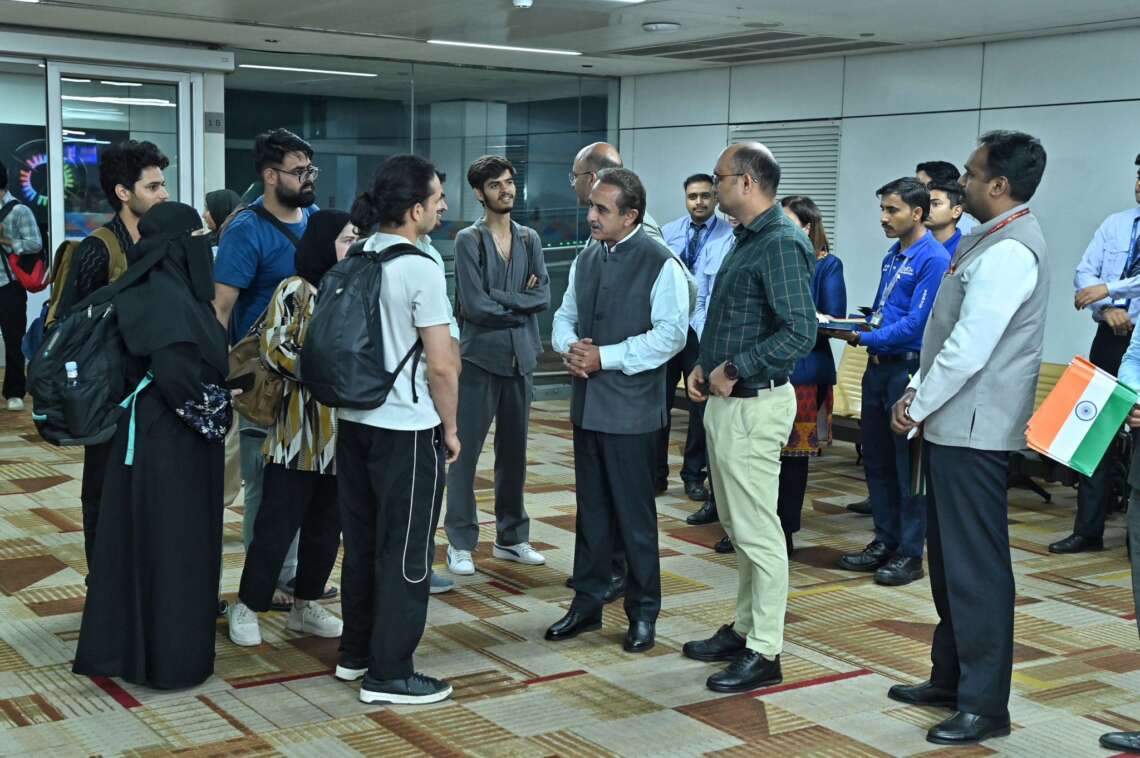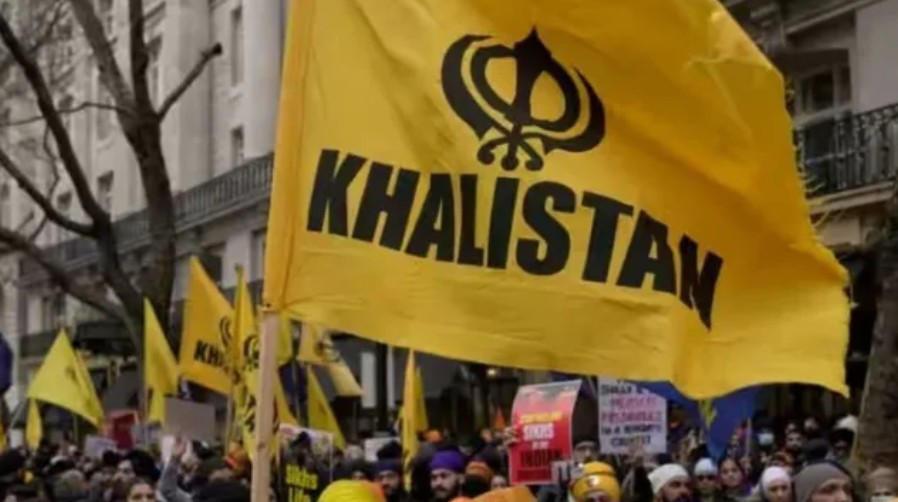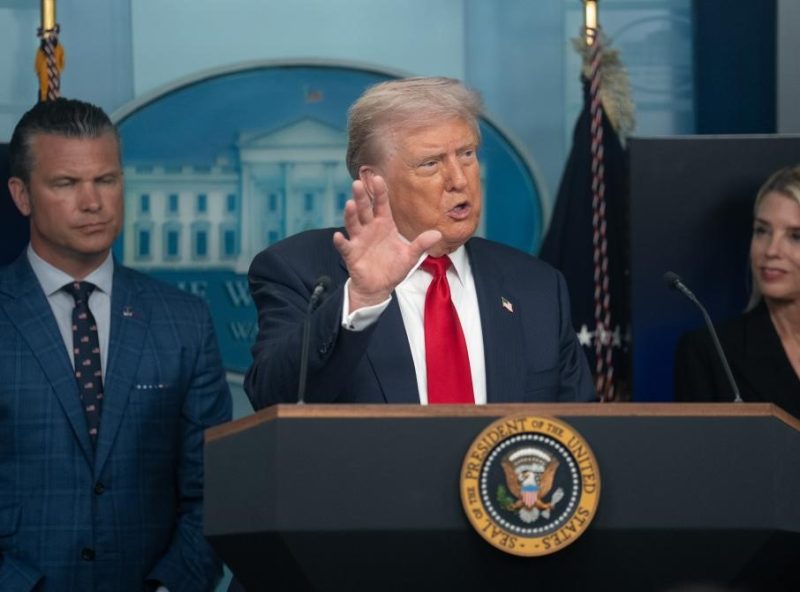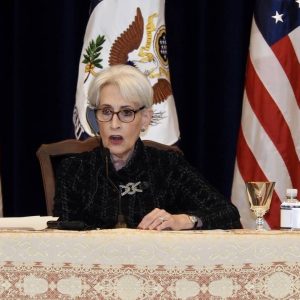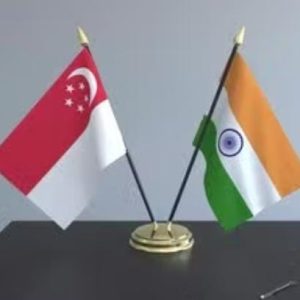Modi emphasised India’s innovative approach to technology and outlined the four key principles—Availability, Accessibility, Affordability, and Acceptability — that form the foundation of India’s energy security strategy…reports Asian Lite News
Prime Narendra Minister Modi addressed the G7 Outreach Session on Wednesday, focusing on the theme of “Energy Security: diversification, technology and infrastructure to ensure access and affordability in a changing world.” In his speech, Modi emphasised India’s innovative approach to technology and outlined the four key principles—Availability, Accessibility, Affordability, and Acceptability (the 4As)—that form the foundation of India’s energy security strategy.
Modi began his address by thanking Canadian Prime Minister Mark Carney for the invitation and congratulating the G7 on its 50th anniversary. He highlighted that energy security is one of the most significant challenges facing future generations, underscoring the importance of a collaborative and inclusive approach to addressing this issue.

The Ministry of External Affairs (MEA) noted that Modi elaborated on India’s commitment to inclusive growth, emphasising that the 4As are central to the country’s approach to energy security. Despite being the fastest-growing major economy in the world, India has successfully met its Paris commitments ahead of schedule, demonstrating its dedication to sustainable development.
During the summit, Modi also addressed the challenges posed by new technologies, particularly the nexus between technology, artificial intelligence (AI), and energy. He out pointed that while AI has become a critical tool for promoting efficiency and innovation, it is also energy-intensive. Therefore, it is essential to develop strategies to make AI sustainable through clean and green initiatives.
Modi emphasised India’s human-centric approach to technology, stating that any technology must bring value to the lives of ordinary people to be effective. He suggested that addressing AI-related global governance issues is crucial for tackling AI-related concerns and promoting innovation in the field. He also highlighted the importance of secure and resilient supply chains for critical minerals in the age of AI.
The Prime Minister underscored that quality and diverse data, which India has in abundance, is critical for responsible AI. He called for closer international cooperation to realise sustainable a future, emphasising that people and the planet must be at the center of progress.
Modi showcased India’s commitment to a sustainable and green future by highlighting several global initiatives undertaken by the country. These include the International Solar Alliance, the Coalition for Disaster Resilient Infrastructure, the Global Biofuels Alliance, Mission LiFE, and One Sun-One World-One Grid. He urged the international community to further strengthen these initiatives to promote a sustainable and resilient future.
The Prime Minister’s address at the G7 Outreach Session reflects India’s leadership in global addressing challenges through innovative and inclusive strategies. His emphasis on the 4As and the human-centric approach to technology underscores India’s dedication to sustainable development and global cooperation.
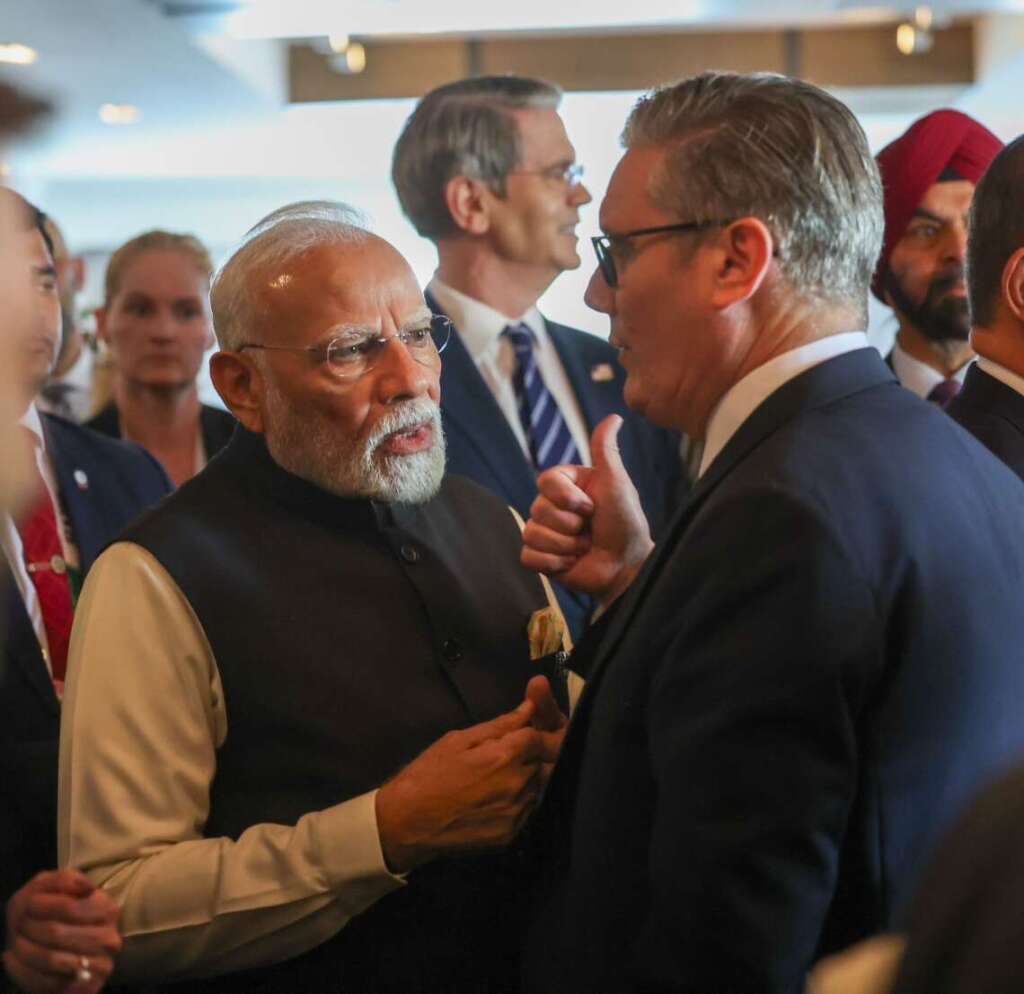
As the world grapples with the challenges of energy security and the impact of new technologies, Modi’s call for international collaboration and a focus on people and the planet offers a roadmap for a sustainable and inclusive future. India’s initiatives in renewable energy and disaster resilience demonstrate its commitment to leading by example in the global effort to address these critical issues.
Prime Minister Narendra Modi’s address at the G7 Outreach Session highlights the importance of a collaborative and inclusive approach to energy security and sustainable development. His emphasis on the 4As and the human-centric approach to technology underscores India’s dedication to promoting a sustainable and resilient future for all.
Meanwhile, Union Minister Hardeep Singh Puri on Wednesday hailed the recent engagement between India and Canada as a “positive development”, after Prime Minister Narendra Modi and his Canadian counterpart Mark Carney “agreed to take calibrated steps to restore stability to the relationship” and decided to restore High Commissioners to each other’s capitals.
The Union Minister stated that after the meeting between Prime Minister Narendra Modi and Canadian PM Mark Carney, the bilateral relationship will now be handled in a more focused manner.
“With Canada, I think there is a special significance… The relationship had almost completely derailed… But the decision that the two sides, after a very fruitful discussion that the PM had with his Canadian counterpart, restore diplomatic relations…the decision that designated new envoys to be stationed in Canada and India, I think, is a very positive development. “It means that the relationship will now be handled in a more focused manner,” Puri said.
During the meeting at the sidelines of the G7 Summit held in Canada’s Kananaskis, PM Modi and Canadian PM Mark Carney also agreed to resume senior-level dialogues on trade, people-to-people contact, and connectivity. They also decided that the trade negotiations — which were paused — will be taken up soon.
Both countries also planned to collaborate on clean energy, technology, digital infrastructure, artificial intelligence (AI), food security, and critical minerals. The leaders agreed to stay in touch and meet again soon to further strengthen their ties.


